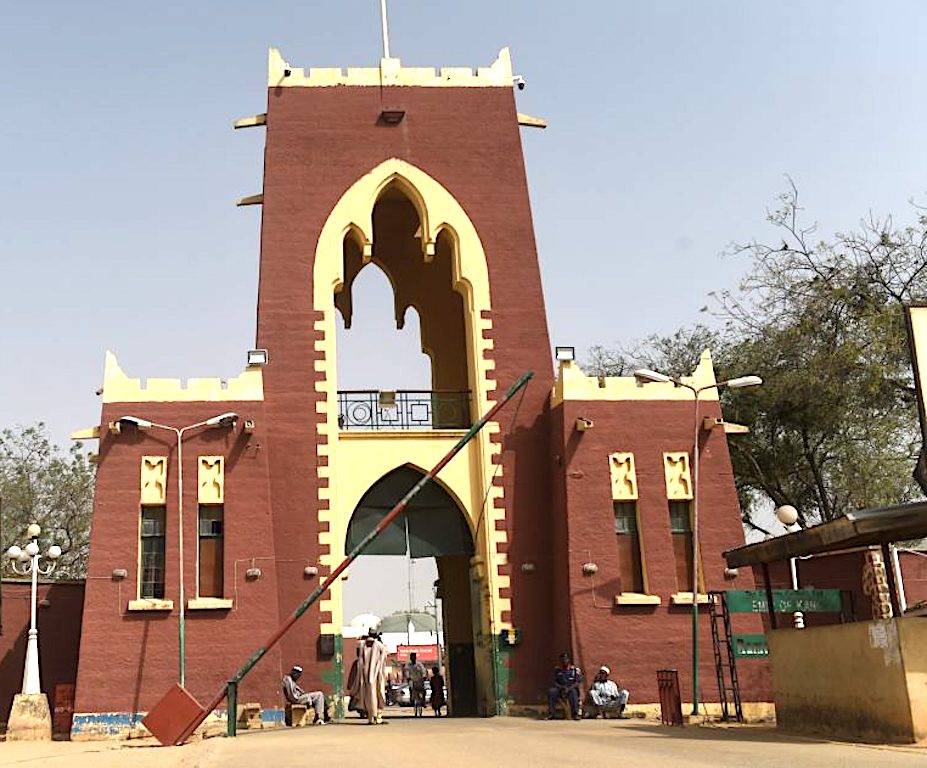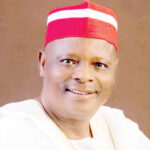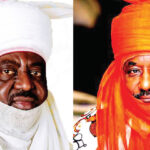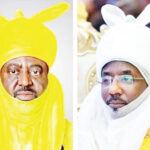Politicians are aggressively targeting traditional systems under the guise of reforms, and these actions are driven by individual interests. A single individual does not define an institution. It is defined by the collective values and community it upholds.
Yes, individuals may contribute significantly to the development of an institution, but the strength and longevity of an institution lies in its vision, collective efforts, and the sustained commitment of those who serve it. In our emirate system, even the emirs are servants of the system.
This is why I find it surprising how some people lack consistency as they rally support for the stability of our traditional institutions. Some could be forgiven because they are mere public commentators. Some have had the opportunity to change the system, but they did not. I am referring to those who held positions in the last 10 years.
The current crop of politicians has indeed been attacking the traditional system from all sides in the name of reforms. But when one looks closer, we end up finding shades of individual gains. Of course, it has been going on for a while, and it goes without saying. But despite blaming these present politicians, we must also blame the lack of collective actions from the emirs.
- SSANU, NASU protest non-payment of salaries, threaten strike
- Suspend Samoa Agreement’s implementation – Reps tell FG
They were silent about carving out the Bama emirate from the Dikwa emirate in 2010. Dikwa is part of the Kanem-Bornu Empire and dates back to the 9th century. One would have thought those who are currently advocating for the merging of Kano emirates or against splitting of Sokoto State would have advocated against this. This, I believe, holds a significant historical relevance in Africa more than many empires. But there was no challenge when the emirate was split.
Those against Sokoto reforms today did not remember the relevance of the Dikwa emirate and the Bornu empire. They did not address the idea that the institution stands for. They failed to urge us all to jealously guard, protect, promote, preserve, and advocate for the growth of our country. The Sultan was surprisingly quiet about it.
Four years ago, we advocated for justice within the Zazzau Emirate system. Those who are advocating against the present-day reforms did not remember the relevance of this institution. They remain silent as we persist for justice. They shied away from the idea the system represents. They did not call all of us to guard, protect, promote and preserve the system. In fact, they helped in distorting the system.
When the lawmakers spent 48 hours repealing the traditional system law in Kano a few weeks ago, many of them were quiet. We called on them to reject the process. The leaders had the opportunity to call for caution. Likewise, the southern religious groups and other public speakers. They did not. On the contrary, we ended up with people cheering individuals as the institution crumbled. It is not clear what will happen in Katsina.
But for the Sokoto Emirate, it is an institution like every other traditional institution in Nigeria. It holds no more and no less significance than others, such as the Kano, Borno, or Zazzau emirates. Each institution embodies the culture, history, and values of its people. No single emirate, including Sokoto, should be treated with undue reverence or given preferential treatment over the others.
Yes, traditional institutions have withstood the test of time since before the 1804 Jihad. And that is not because of individual leaders. It is the result of their collective values and the shared commitment of their communities. The Sultan of Sokoto, though a significant figure, is not bigger than the institution he represents. The power and respect of the Sokoto Emirate come from the people and the history it upholds; not solely from its current leadership.
Silence in times of change and turmoil speaks volumes. The Sultan’s lack of response on crucial matters in the past has sown seeds of doubt and disunity. It is this silence that has led to a lack of support for the Sokoto reforms from other northern bodies. When the emirs fail to advocate for collective interests, they weaken the very foundation of the institution they aim to protect.
The northern traditional institutions have a long history of mutual dependence and solidarity. When one institution faces challenges, it is expected that others will rally in support. However, this solidarity must be earned through consistent and proactive engagement in the collective welfare of all.
The failure to offer support for previous issues within other emirates creates an environment where reciprocal support is absent. He is currently relying on a southern group and a naive public speaker with little perspective of the institution to advocate for him. This is a strong lesson to many. If leaders do not voice their support during others’ times of need, they should not expect solidarity when they face their own challenges.
If you do not go to other people’s funerals, people won’t come to yours.

 Join Daily Trust WhatsApp Community For Quick Access To News and Happenings Around You.
Join Daily Trust WhatsApp Community For Quick Access To News and Happenings Around You.


